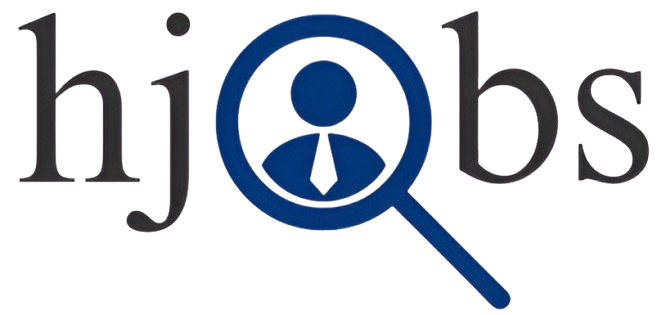Roadmap to Become a Data Analyst in 2025
Are you dreaming of becoming a Data Analyst by 2025? This roadmap is here to guide you step-by-step and help you achieve your career goals. Let’s dive in!
What Does a Data Analyst Do?
A Data Analyst transforms raw data into meaningful insights for businesses. They identify patterns, trends, and actionable insights to drive decision-making. Confused between Data Analyst and Data Scientist? Here’s a quick difference:
- Data Analyst: Works on past and present data to find trends.
- Data Scientist: Builds models to predict future trends using advanced techniques like Machine Learning.
10-Week Roadmap to Become a Data Analyst
This roadmap is designed for 10 weeks but can be adjusted based on your pace. Let’s break it down:
Weeks 1 & 2: Master Excel
Excel is the foundation for data analysis. Learn:
-
Basic Formulas: SUM, AVERAGE, MIN, MAX, CONCAT.
-
Advanced Formulas: VLOOKUP, INDEX-MATCH, IF statements.
-
Data Cleaning & Manipulation: Removing duplicates, handling missing data.
-
Visualization: Create dashboards to represent data insights.
Weeks 3 to 5: Dive into Math, Statistics, and SQL
-
Mathematics: Arithmetic, averages, and percentages.
-
Statistics: Mean, median, mode, and variance.
-
SQL:
-
Start with basic queries: SELECT, INSERT, UPDATE.
-
Move to advanced queries: JOINS, GROUP BY, and nested queries.
-
Build a SQL project to showcase your skills. Add it to your LinkedIn and GitHub profiles.
-
Networking and Job Hunting Tips
-
Begin networking on platforms like LinkedIn.
-
Explore data-related jobs and internships on hjobs.in.
-
A strong referral or internship can fast-track your career.
Weeks 6 & 7: Learn Power BI or Tableau
Visualization tools like Power BI and Tableau are crucial:
-
Start with Power BI, as it’s widely used.
-
Learn to create dashboards and visualizations.
-
Showcase your Power BI projects on LinkedIn and GitHub.
Weeks 8 to 10: Python for Data Analysis
Python is a powerful tool for data analysis. Focus on:
-
Core Concepts: Variables, data types, lists, and tuples.
-
Libraries: Pandas, Matplotlib, and NumPy.
-
Build a Python project to enhance your resume.
Soft Skills and Business Understanding
-
Develop clear communication to present your findings.
-
Understand business requirements to align your analysis with organizational goals.
Resume and Interview Preparation
-
Create an ATS-friendly resume.
-
Prepare for interviews using resources available on hjobs.in.
Conclusion
Follow this roadmap, and you’ll be ready to start your career as a Data Analyst in 2025. Download the PDF version of this roadmap from the link provided and subscribe to my channel for more resources.
Good luck on your journey to becoming a Data Analyst!
